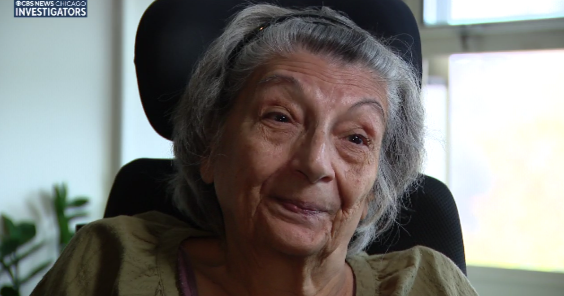Equifax will pay up to $700 million to settle data breach lawsuits
Equifax will pay up to $700 million to settle with the Federal Trade Commission and others over the massive 2017 data breach that exposed the private data of nearly 150 million people. Consumers are eligible to claim as much as $20,000 in cash payments, the FTC said.
The proposed settlement with the Consumer Financial Protection Bureau, if approved by the federal district court Northern District of Georgia, will provide up to $425 million in monetary relief to consumers, a $100 million civil money penalty, and other relief. The bureau coordinated its investigation with the Federal Trade Commission and attorneys general from across the U.S.
The settlement is the largest ever for a data breach, Washington, D.C. attorney general Karl A. Racine said in a statement.
"Equifax failed to protect consumers information and failed to enact reasonable security measures under California's data security laws," California Attorney General Xavier Becerra said in a news conference. "That left very important personal information exposed and allowed hackers to steal consumers names, Social Security numbers, their birth dates, their addresses and in some instances their driver's license number and even credit related information."
Equifax's data breach underscored the depth of detail the company keeps on individuals, and prompted calls for greater government oversight of credit-reporting bureaus. The big three credit-reporting bureaus -- Equifax, TransUnion and Experian -- gather data on the credit histories of consumers, which they sell to lenders and other businesses that want to assess potential customers. But the data is also valuable to scammers who can use the data for identity theft and other fraudulent activity.
"Today's settlement holds Equifax accountable for its reckless failure to protect consumers' personal information and for putting millions of Americans at risk for identity theft, financial losses, and other serious harms," Racine said in the statement.
The announcement Monday confirms a report by The Wall Street Journal that the credit reporting agency had reached a deal with the U.S.
Victims of the Equifax breach may be entitled to some benefits, the FTC said in a statement.
Consumers who wish to claim the free credit monitoring or cash payments must file a claim when the claims process begins, but the FTC said consumers aren't yet able to file claims. An Equifax data breach settlement site will post updates when claims open, and consumers can also ask for alerts by submitting their email to the FTC here.
Free credit monitoring or $125 cash payment
Consumers whose data was stolen may receive at least 4 years of free credit monitoring of your credit report at all three credit bureaus, the FTC said. They can also receive an additional 6 free years of free credit monitoring of their Equifax credit report. The FTC said minors affected by the breach may receive even more credit monitoring.
Consumers who don't wish to enroll in the free credit monitoring offered by the settlement may be eligible for a cash payment of $125.
Cash payments up to $20,000
The FTC also said consumers can receive reimbursements and cash payments up to $20,000, including payments of $25 per hour (up to 20 hours) for time spent protecting your identity or dealing with identity theft.
Consumers can also receive money for the cost of protecting their identity, such as time and money spent freezing and unfreezing credit reports, as well as up to 25% of the cost of Equifax credit monitoring products bought between Sept. 7, 2016 and Sept. 7, 2017.
Cash reimbursement can also include losses from unauthorized charges to a consumer's accounts and fees they paid to accountants and attorneys, the FTC said.
Free identity restoration services
Consumers may also receive free identity restoration services for at least 7 years if their identity is stolen or they experience fraud.
The FTC said consumers should visit ftc.gov/Equifax for more information, and sign up for FTC email updates about the settlement.



